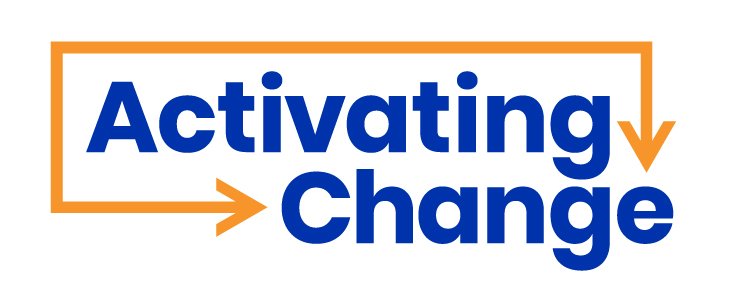Human Trafficking Prevention Month: Spotlight on Trafficking of People With Disabilities
Join us on Jan. 29, 2025 for an informational webinar on Effectively Investigating Cases Involving Trafficked Survivors with Disabilities.
According to the U.S. Department of State’s annual Trafficking in Persons Report, people with disabilities are “one of the groups most at risk of being trafficked.” However, traffickers of people with disabilities often go unnoticed and uninterrupted because they hide behind legally enshrined systems and practices that allow people without disabilities to control people with disabilities. Specifically, traffickers exploit systems such as guardianship and representative payee to gain control over individuals with disabilities and gain access to their benefits.
Activating Change has conducted a needs assessment of the field that will be released in the coming weeks.
We found that people with disabilities are less likely to be identified as victims of trafficking, and tools to screen for trafficking do not account for disability. In addition, we found that people with disabilities experience numerous barriers when engaging with law enforcement, and may also need other resources that law enforcement is not equipped to guide them to. We also found that while there are best practices for working with victims of trafficking, very few specifically address disability.
One critical finding is that legal statutes defining trafficking leave out the way some people with disabilities are exploited, such as benefits trafficking, which is legal in 49 out of 50 states, Georgia is the one exception, and even there, the law is limited.
The Office for Victims of Crime Training and Technical Assistance Center details the vulnerabilities that increase the risk for individuals with disabilities to being trafficked and specifically identifies that “traffickers may seek out victims with disabilities to gain access to their public benefits such as Supplemental Security Income (SSI) or Social Security Disability Insurance (SSDI) benefits.”
During Human Trafficking Prevention Month it is absolutely critical to recognize and prevent the cases of trafficking that we know of, and to improve both research and practices when working with trafficking survivors with disabilities. We also need to consider forms of trafficking that aren't yet codified as such, and continue to advocate for the full set of protections that people with disabilities need.
